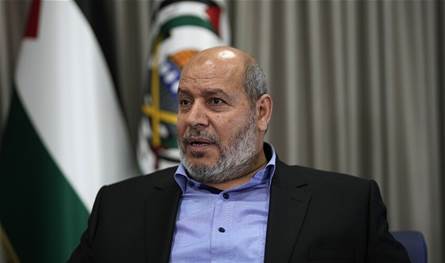
In this context, Major General Mohamed Rashad, the former Undersecretary of the Egyptian Intelligence Service, explained: “These forces are an integral part of the General Intelligence Service since its founding in 1954, and like any global security apparatus, it includes special forces responsible for securing its operations and its personnel.”
He pointed out that “the most prominent tasks of these forces are to secure intelligence buildings and units, protect the agency’s leaders while they work locally and internationally, and are responsible for securing intelligence missions and operations.”
He pointed out that “these forces, which previously relied on short-range weapons, witnessed an expansion in their formation and arming with the latest weapons after the events of January 25, 2011.”
He revealed that “members of the elite forces undergo high-level local and foreign training, where their members are selected according to specific criteria that qualify them for high physical fitness and the combat skills necessary to achieve their goals.” He said that “these forces played a pivotal role in protecting former President Mohamed Hosni Mubarak during his assassination attempt in Ethiopia.”
He stressed that “the forces continue their mission to protect figures present in Egypt under the supervision of intelligence, as is currently the case in securing the Palestinian delegation in Sharm El-Sheikh headed by Khalil Al-Hayya, as their tasks also include securing delegations while they are in Egypt in general, and securing conferences and meetings organized by Egyptian intelligence, such as the Sharm El-Sheikh negotiations.”
For his part, Major General Abu Bakr Abdel Karim explained, “One of the most important specialties of these forces is combating terrorism, and they are also tasked with carrying out specific and precise tasks in major operations, such as liberating hostages, securing official and important figures, or ensuring the arrival of those wanted by Egyptian security on terrorist charges.” (Arabic)

















